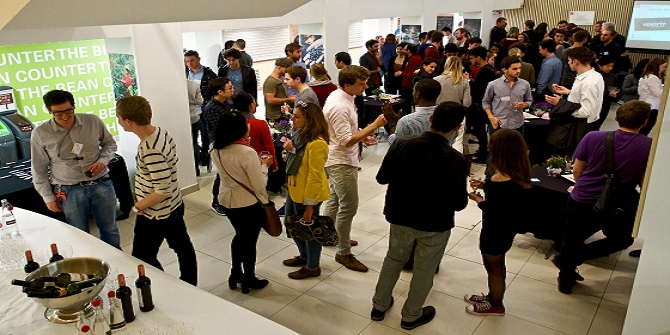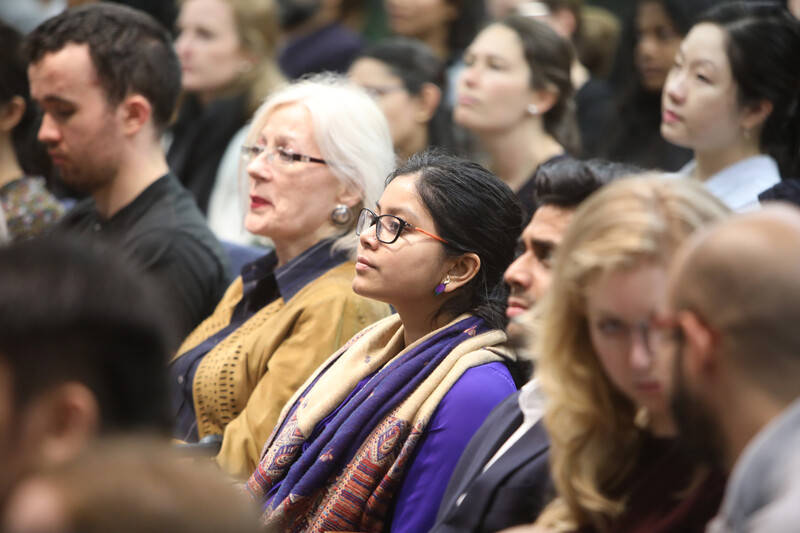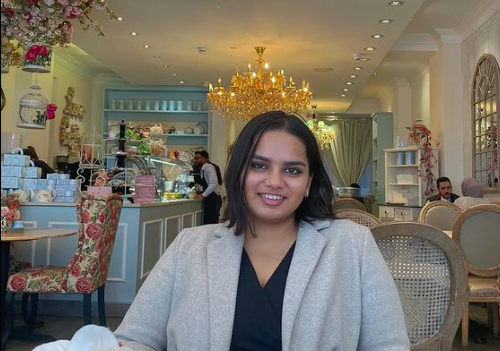The ability to explore different options while adapting to ups and downs in our career journey is a powerful skill to develop. This blog explores what being adaptable means and how creativity can help in your decision making, so you can take advantage of the opportunities that come your way.
What does adaptability and creativity mean?
Adaptability refers to how you shape and adjust to different professional environments and cope with tasks and challenges.
Creativity refers to the way you consider alternatives and generate a unique approach to a situation or a new solution to a problem.
Why is adaptability and creativity relevant to your career?
From deciding on next career steps, to choosing which roles to apply for, to solving problems we might face during our career journey, it is easy to become overwhelmed by change.
However, change is an inevitable part of our working lives, and understanding how to respond to these situations with adaptability and creativity can help you make informed choices.
People with higher levels of adaptability tend to be more successful because they can handle and respond to change very easily. Creativity can help develop self-confidence by generating unique and fresh solutions to problems. Utilising both adaptability and creativity helps you identify opportunities and these skills can be developed!
How can you build your adaptability and creativity skills?
Check out external resources:
- Read and learn more about trends and developments within your areas of interest.
- Listen to colleagues, influencers, friends and your other contacts to pick up on emerging needs.
- Reach out, expand your network and ask questions about wider industry assumptions and the skills needed.
Conduct your own research:
- Create a space to think and note down your ideas (for example web journals or a notebook).
- Build your skills through self-directed learning, training in your current role, or continued education. Many employers are supportive of their staff learning new skills!
Live in the moment:
- Face your fears, it may be time to push the boundaries!
- Experiment with your career by testing newly gained knowledge in different ways within and outside your work.
- Start building your personal brand and market yourself to reflect where you are and where you want to be.
Finally, ask yourself: Am I developing a flexible mindset to help my career journey work with future changes?
If you find yourself needing additional support thinking about your options or navigating your career, you can always speak to a careers consultant here at LSE Careers. Book a confidential one-to-one appointment on CareerHub.
This blog covers one of our events in Your future, your way, our series designed to provide you with opportunities to develop your skills, deepen your knowledge and understanding and equip you with the confidence to grow your connections and networks during your time at LSE and beyond.





